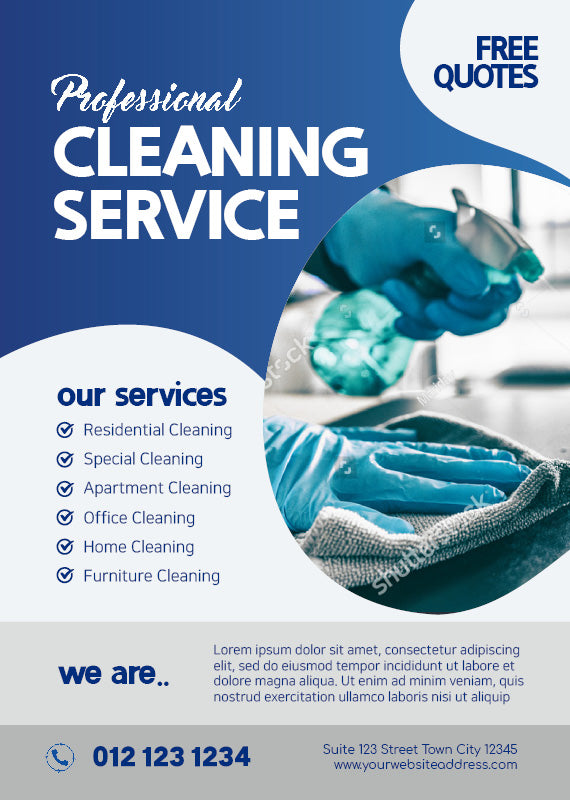
In the fast-paced world of warehousing and logistics, safety remains a top priority for professionals operating heavy machinery. Forklifts, essential for moving goods, can present significant risks if not used properly. Recognizing this, forklift manufacturers are increasingly investing in innovative safety features to protect operators and enhance workplace safety. These advancements not only help to prevent accidents but also promote a culture of safety that benefits everyone involved in material handling.
As technology continues to evolve, manufacturers are integrating solutions that focus on improving visibility, reducing blind spots, and enhancing overall operational efficiency. From advanced sensor systems to automated safety alerts, the latest innovations are designed to help operators navigate their surroundings with greater awareness. By embracing these new technologies, forklift manufacturers are leading the charge towards a safer working environment, ensuring that both workers and equipment can operate with confidence.
Enhanced Operator Training Programs
In the evolving landscape of forklift safety, manufacturers are placing a strong emphasis on enhanced operator training programs. These programs are designed not only to meet regulatory standards but to exceed them by integrating new technologies and methodologies. Many manufacturers have begun using simulation technologies to provide operators with a realistic training environment. This immersive experience allows operators to practice their skills in a safe space, making them more adept at handling real-life challenges they may face on the job.
Moreover, manufacturers are increasingly recognizing the importance of ongoing education. Instead of one-time training sessions, they are implementing continuous learning approaches that include regular assessments and refresher courses. This ensures that operators remain up to date with the latest safety practices and equipment advancements. By fostering a culture of continuous improvement, manufacturers are reducing the likelihood of accidents and enhancing overall workplace safety.
Specialized Forklift Manufacturer Services
Additionally, collaboration with industry experts and safety organizations has become a trend among forklift manufacturers. By partnering with professionals who specialize in safety training, manufacturers can create tailored programs that address specific risks associated with their equipment. This collaborative approach not only enhances the training’s effectiveness but also builds trust between manufacturers and their customers, as companies feel assured that their operators are receiving top-notch guidance on safe forklift operation.
Advancements in Safety Technology
Forklift manufacturers are increasingly integrating advanced technologies to enhance safety in warehouse and industrial environments. One significant innovation is the implementation of telematics systems that monitor the performance and operation of forklifts in real-time. These systems collect data on various aspects, such as load handling, operator behavior, and maintenance needs. By analyzing this information, manufacturers can identify potential safety risks and provide feedback to operators, promoting safer driving practices and reducing the likelihood of accidents.
Another promising development is the use of vision systems equipped with cameras and sensors that improve situational awareness for forklift operators. These systems can detect obstacles and pedestrians in the vicinity, alerting operators to potential hazards before accidents occur. Some models even feature automatic braking capabilities, which help prevent collisions by halting the forklift if an obstacle is detected. This technology not only enhances safety for operators but also protects other workers in busy environments where visibility may be limited.
Additionally, advanced training solutions using virtual reality and augmented reality are becoming part of the forklift safety landscape. These innovative training programs allow operators to practice navigating and handling loads in a simulated environment, significantly reducing the learning curve and enhancing their skills. By immersing trainees in realistic scenarios, manufacturers can ensure that operators are well-prepared to handle the complexities of real-world operations, ultimately leading to safer workplaces.
Regulatory Compliance and Standards
In the dynamic landscape of forklift manufacturing, adherence to regulatory compliance and industry standards is paramount. Manufacturers are diligently aligning their operations with guidelines set forth by organizations such as OSHA and ANSI. These regulations ensure that forklifts meet safety benchmarks that protect operators and the surrounding workforce from potential hazards. By adhering to these standards, manufacturers not only enhance safety but also improve the reliability and efficiency of their machines.
To further enhance safety, several manufacturers voluntarily participate in certification programs. These programs often require rigorous testing and assessment of forklift designs and features, ensuring they can withstand various operational stresses. The integration of safety features, such as automatic shut-off mechanisms and advanced stability controls, is frequently a direct result of compliance with these standards. As a result, operators can work with greater peace of mind knowing their equipment has been thoroughly vetted for safety.
Additionally, continual updates to safety regulations prompt manufacturers to innovate regularly. This can involve retrofitting older models to meet new compliance standards or designing completely new forklifts that embrace the latest safety technologies. By actively engaging with regulatory bodies and industry experts, forklift manufacturers are not only ensuring compliance but also paving the way for advancements in safety protocols that will benefit the entire industry.







